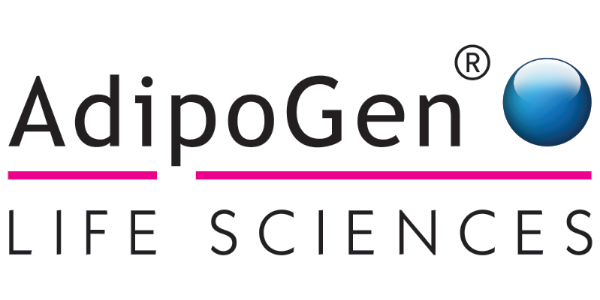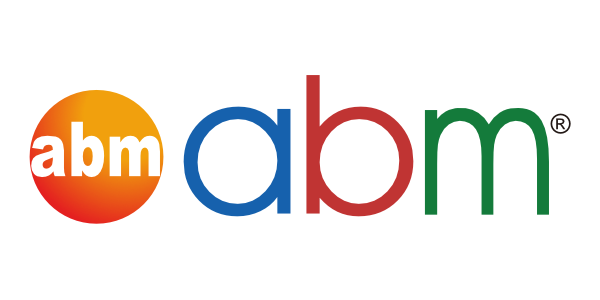AdipoGen’s B-Xpander™ protein improves current protocols for B cell stimulation by mimicking the natural interaction between CD40L and CD40 molecules on B cells.
B-Xpander™ – Unleash the Power of B Cell Expansion


AdipoGen’s B-Xpander™ protein improves current protocols for B cell stimulation by mimicking the natural interaction between CD40L and CD40 molecules on B cells.
AdipoGen Life Sciences’ Multimeric Proteins are high activity constructs in which two trimeric TNFSF ligands are linked via the oligomeric collagen domain of ACRP30 [ACRP30headless] and therefore mimic the membrane-bound forms of the proteins. The Largest Panel of Ultrapotent Multimeric

RNA Mango – The most advanced RNA tracking, visualisation and pull down technology.

SafeView™ products are a new class of fluorescent nucleic acid stains for the detection of double-stranded DNA, single-stranded DNA and RNA in agarose gel electrophoresis.

abm’s unique transfection reagents are designed to aid the delivery of nucleic acids into a variety of cell lines with high transfection efficiency and low cell toxicity.

OneScript® reverse transcriptase – improved thermostability, sensitivity, robustness, and resistance to contaminants

abm’s pursuit of next-generation PCR enzymes has led to intensive R&D and significant upgrades to their PCR products.

abm’s specially formulated MasterMixes contain next generation enzymes & all ingredients premixed into an optimised format.

abm provides kits for the detection and elimination of Mycoplasma.

abm provides viral transduction enhancers for Lentivirus and AAV.